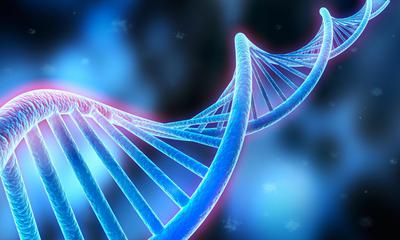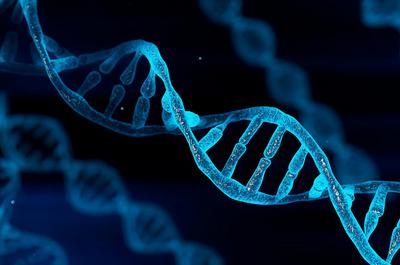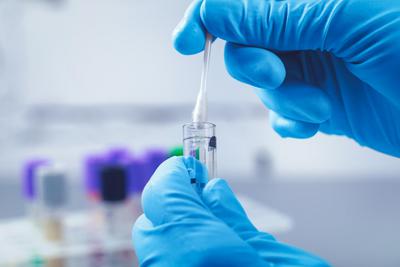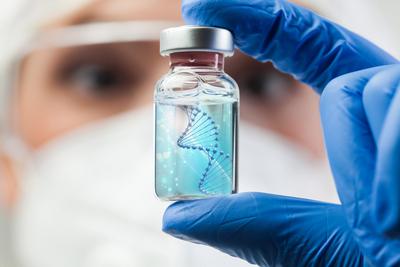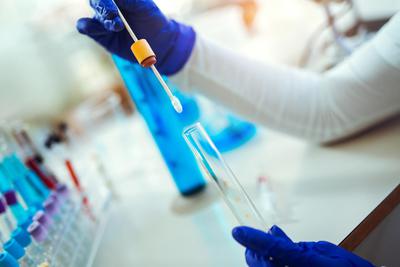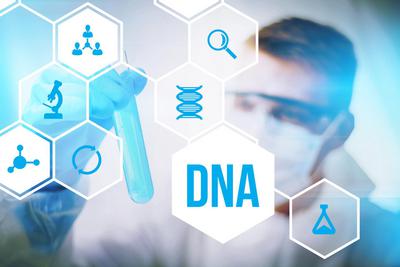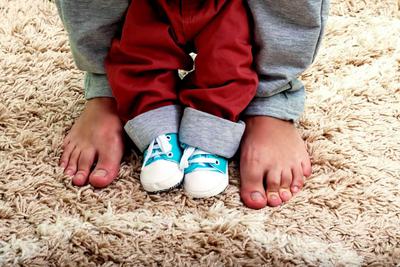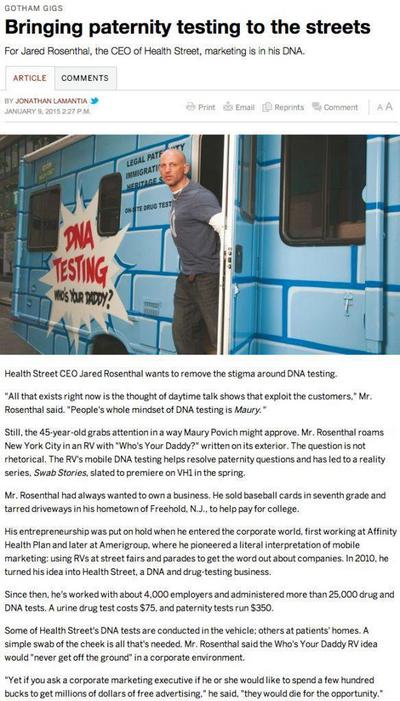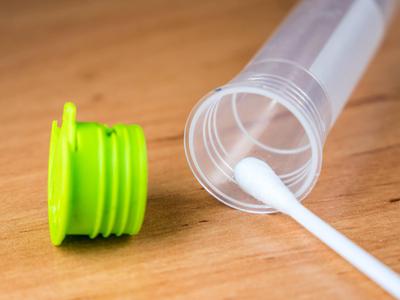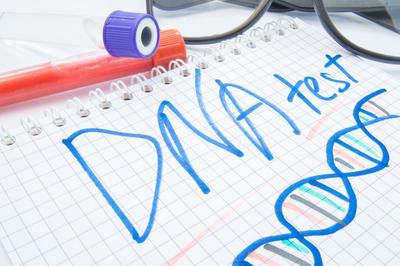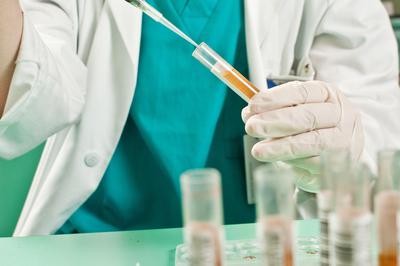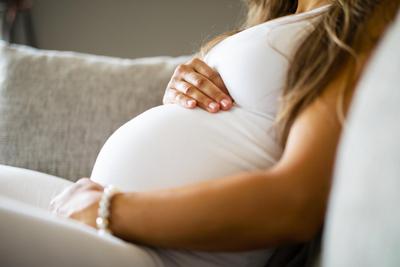
DNA Testing
About DNA Testing
Recent articles
Written by Jared Rosenthal
Published on 2/9/2024
Written by Jared Rosenthal
Published on 2/2/2024
Written by Jared Rosenthal
Published on 1/29/2024
Written by Jared Rosenthal
Published on 11/20/2023
Written by Diana Vaculova
Published on 9/7/2023
Written by Diana Vaculova
Published on 9/7/2023
Written by Diana Vaculova
Published on 9/7/2023
Written by Diana Vaculova
Published on 9/7/2023
Written by Diana Vaculova
Published on 9/7/2023
Written by Nicole Slaughter
Published on 12/20/2022
Written by Diana Vaculova
Published on 12/20/2022
Written by Jared Rosenthal
Published on 3/6/2021
Written by Jared Rosenthal
Published on 4/6/2020
Written by Jared Rosenthal
Published on 3/19/2020
Written by Jared Rosenthal
Published on 3/2/2020
Written by Jared Rosenthal
Published on 2/14/2020
Written by Jared Rosenthal
Published on 2/1/2020
Written by Jared Rosenthal
Published on 1/9/2020
Written by Jared Rosenthal
Published on 9/4/2019
Written by Lindsay Haskell
Published on 6/3/2019
Written by Nina Fenton
Published on 10/30/2015
Written by Nina Fenton
Published on 10/16/2015
Written by Nina Fenton
Published on 10/16/2015
Written by Nina Fenton
Published on 8/13/2015
Written by Jared Rosenthal
Published on 3/3/2015
Written by Jared Rosenthal
Published on 1/28/2015
Written by Jared Rosenthal
Published on 1/9/2015
Written by Jared Rosenthal
Published on 1/8/2015
Written by Jared Rosenthal
Published on 1/6/2015
Written by Jared Rosenthal
Published on 12/30/2014
Written by Jared Rosenthal
Published on 12/11/2014
Written by Jared Rosenthal
Published on 10/30/2014
Written by Jared Rosenthal
Published on 10/23/2014
Written by Jared Rosenthal
Published on 3/8/2014
Written by Jared Rosenthal
Published on 11/8/2013
Written by Jared Rosenthal
Published on 10/18/2013
Written by Jared Rosenthal
Published on 10/18/2013
Written by Jared Rosenthal
Published on 10/14/2013
Written by Jared Rosenthal
Published on 10/6/2013
Written by Jared Rosenthal
Published on 7/26/2013
Written by Jared Rosenthal
Published on 7/25/2013
Written by Jared Rosenthal
Published on 7/2/2013
Written by Jared Rosenthal
Published on 6/22/2013
Written by Jared Rosenthal
Published on 6/14/2013
Written by Jared Rosenthal
Published on 5/14/2013
Written by Jared Rosenthal
Published on 10/16/2012

Categories

Popular Tags
- Krokodil
- Opiates
- Teen Drug Use
- Synthetic Drugs
- Child Custody
- Divorce
- Post Accident
- Sibling Study
- Featured
- Date Rape Drugs
- Roofies (Rohypnol)
- Entrepreneurship


